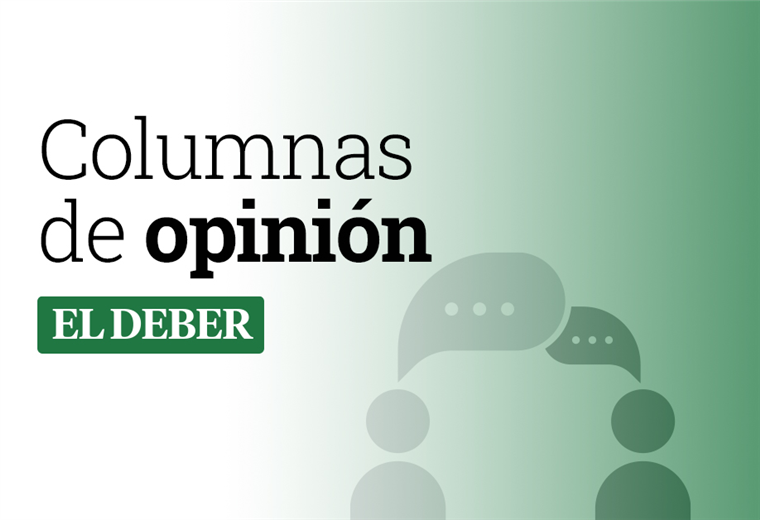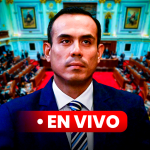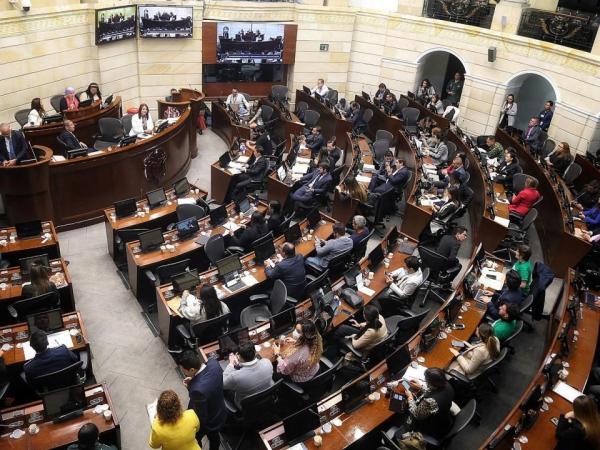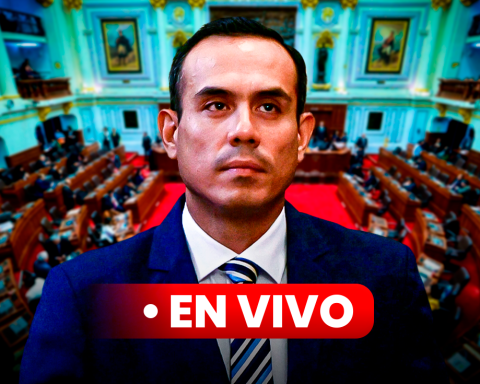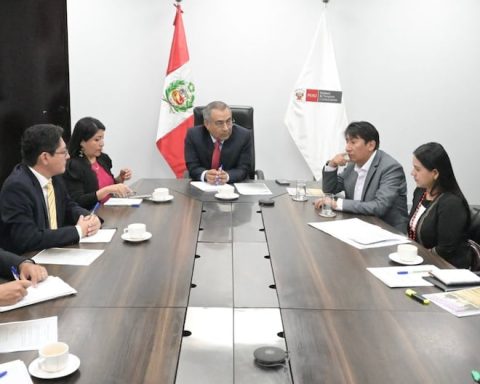April 17, 2023, 4:00 AM
April 17, 2023, 4:00 AM
After analyzing some of the interventions of the country’s economic and monetary authorities, including the latest appearance of the Head of State, we cannot help but worry about the contrast between what those who govern us observe and the reality in which we Bolivians live. and in particular the critical economic situation for those who generate production and formal employment.
Of the accumulation of evils that afflict the economy, many of them structural since the last century, such as the high level of informality, permissive smuggling, which despite the efforts of Customs increases every year, the recurring public deficit, the global deficit of the trade balance of goods and services, the low level of formal employment, the growing internal and external public debt, and now exchange rate instability and uncertainty about the strength of the financial system, a large part of them originate from an erratic fiscal policy that We will try to analyze.
Fiscal policy comprises a series of instruments directly related to the allocation of public resources to spending and investment in productive activities of goods and services, in summary, it makes income and spending in the four powers (executive, legislative, judicial and electoral). , as well as investments in public companies, infrastructure in general and other assets that are necessary for the human and economic development of the country. Similarly, taxation covers financing instruments such as external and internal public debt, as well as the issuance of assets to the national and international financial market.
Considering the above, let us now see what is the performance of our fiscal policy and its responsibility in the current crisis, described by the Government as conjunctural and product of the international economic context. Until 2020, we all had recessive economies as a result of the covid-19 pandemic, and in 2021 most economies recovered their recession with growth rates higher than their negative rates of the previous year, this was not the case in Bolivia whose recovery rate in 2021 was 6%, lower than a contraction of more than 8% in 2020. Largely attributable to the increase in public spending, the fuel subsidy and the cost of debt.
In the 2021-2022 biennium, the first two years of the current government period, the public deficit stood at -9.3% and -7.2% of GDP, respectively, making a total of more than 6,500 million US dollars; however, the problem is not the deficit itself, but how it is financed. In this case, a large part was paid for by international reserves, the increase in debt and new taxes, the result of which today is reflected in the exchange and financial crisis.
Another of the critical problems of fiscal policy is the regime of subsidies and direct aid, in the case of fuels the cost reached 1,700 million US dollars in 2022, according to what was reported by YPFB (La Razón, 01/24/2023 ), which is equivalent to 4% of GDP, when the budget allocated the previous year was 750 million US dollars. Added to this are the subsidies for the purchase of food such as corn, wheat and others, aimed at solving the low inflation rate. This situation not only caused an exchange lag, but also encouraged smuggling and imports with a cheap dollar, causing damage to the manufacturing and agri-food industries.
A gradual and almost marginal increase in the price of fossil fuels (diesel and special gasoline), added to the greater use of biofuels such as ethanol in the mixture with gasoline that now only reaches 8% when the law allows a proportion of up to 12 %, in addition to the budgeted biodiesel plants, should significantly reduce the subsidy. In the same way, the use of biotechnology in the production of corn, soybeans and sorghum should be allowed, which not only guarantees more cheap food, but also a greater volume of biofuel production.
The 7% increase in current spending in the PGE 2023 exceeds 20,500 million dollars and threatens the sustainability of public finances, destined largely to government bureaucracy and loss-making state companies. This contrasts with the demand of teachers and parents for more budget for education that drags a deficit of 15,000 items in public schools, or the health sector whose lack of doctors, equipment and medicines in hospitals and health centers lacerate the dignity of Bolivians who do not have access to private health.
The Achilles heel of fiscal policy continues to be tax collection. The multiplicity of tax regimes promotes tax evasion and avoidance, consolidating an informal State. The contraband whose seizures do not exceed 10% of its estimate is clearly verifiable in the number of undocumented vehicles in all rural provinces and the proliferation of informal markets with direct sales of used clothing, alcoholic beverages and food that enter evading control customs and health
As long as we do not resolve these structural problems in our fiscal policy, it will be very difficult to consolidate sustainable growth and social peace.
